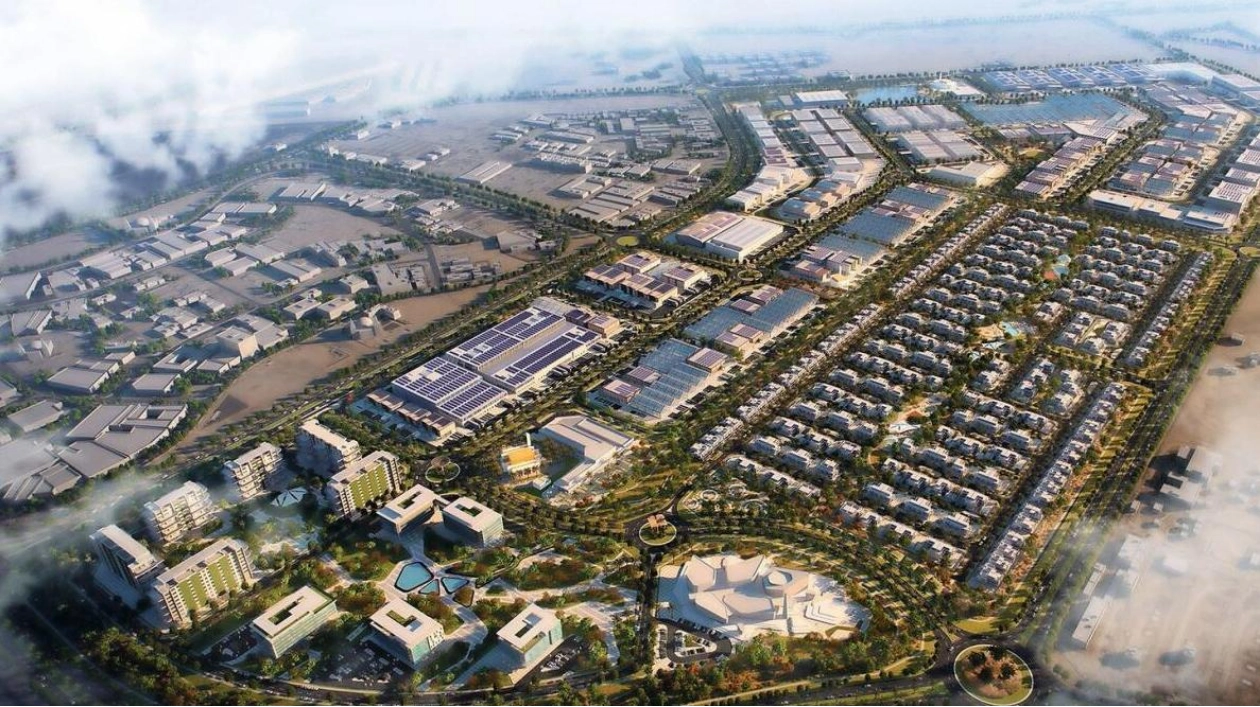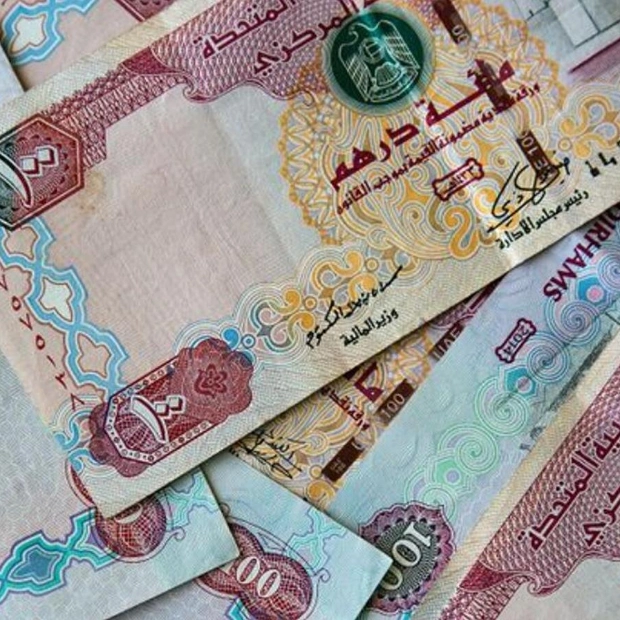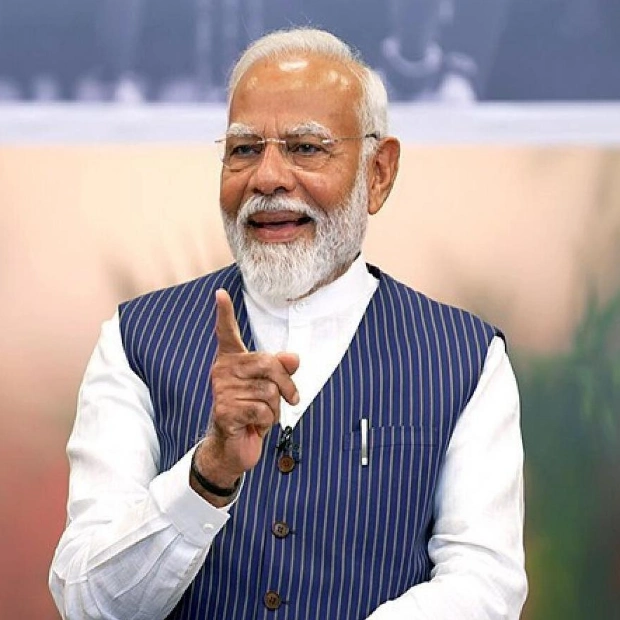Food security is now a pivotal concern for the UAE, spurred by the ambitious National Food Security Strategy 2051. This strategic blueprint is designed to elevate the UAE to a global vanguard in sustainable food systems through the application of cutting-edge technologies, boosting local food production, and cultivating international collaborations. This initiative underscores the UAE's dedication to innovation and resilience in confronting global challenges.
The UAE's National Food Security Strategy 2051 charts a daring course to guarantee enduring food security and sustainability. It emphasizes five core areas: diversifying food import sources, augmenting local food production, minimizing food waste, enhancing nutritional quality, and advocating for sustainability. By incorporating advanced technologies and innovative methodologies, the UAE is poised to establish a robust food system that can endure future adversities.
Achieving these objectives requires collaborative efforts among government bodies, the food and beverage sector, and regulatory authorities. Supporting these endeavors is the creation of Food Tech Valley, an advanced hub spearheading future food production, developed by Dubai real estate giant Wasl. Food Tech Valley, a government-led initiative aimed at fostering a sustainable food ecosystem, integrates agritech innovations, food processing, and research to build a resilient food environment.
With over 90% of food in the UAE imported and a forecasted 50% surge in demand by 2030, Food Tech Valley is crucial for fostering a more sustainable and self-reliant food ecosystem. It also seeks to attract international talent and investment, promoting a collaborative atmosphere for sustainable food solutions. A significant milestone in these efforts is the COP28 agreement between Food Tech Valley and ReFarm, a leader in sustainable farming practices, which will lead to the construction of a 900,000 square feet 'GigaFarm'.
This GigaFarm will annually recycle up to 50,000 tonnes of food waste and cultivate two billion plants each year using advanced techniques like vertical farming and hydroponics. These methods, which enhance crop yields with reduced water and land usage, align seamlessly with the UAE's sustainability and food security objectives. By adopting these advanced technologies, the UAE is not only addressing its food security needs but also setting a global standard for sustainable practices.
Food Tech Valley exemplifies the synergy between public and private sectors in crafting a sustainable future. The integration of agritech innovations, extensive research, and comprehensive food processing strategies positions the UAE as a global leader in food security. Wasl’s Food Tech Valley is more than an innovation hub; it is a magnet for global talent and investment, fostering a collaborative environment that attracts top agritech minds and companies.
The UAE's dedication to food security, exemplified by the National Food Security Strategy 2051 and Food Tech Valley, showcases a progressive approach to a critical global challenge. By leveraging advanced technologies, promoting sustainable practices, and fostering international partnerships, the UAE is not only safeguarding its food future but also setting a precedent for other nations. Initiatives like Food Tech Valley and partnerships with leaders like ReFarm underscore the UAE's leadership in the global push towards sustainable food systems.






